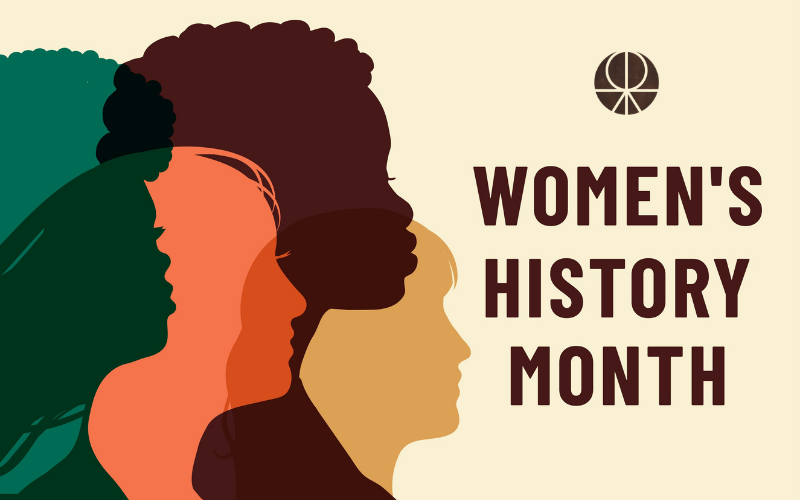In therapy, there’s a term we use…Framing.
I actually believe that the term originated, and the way they use it in therapy, is from Neuro-Linguistic Programming (NLP).
Even though a lot of therapists don’t respect NLP, a lot was stolen from it. And one of those notions, I could be wrong about this, is the notion of framing and reframing.
What is Framing and Reframing?
Framing and reframing has to do with the interpretive structure of consciousness of what reality is or is not given.
So I’m sitting in this room with the light and the microphone and the camera. Several people here…But that’s not given to me.
That’s actually kind of a complex interpretation of what’s going on, you know. I mean, first of all, I’m inferring that there’s a thing called people, there’s a thing called light, there’s a thing called camera, and there’s a thing called room.
I mean, if we try to define all of these things–like what exactly is a room and what’s not a room– does it have to have four walls, only three? Does it have to have a ceiling, or no ceiling? Does it have to be built by man or can it be a natural room…or is it a cave?
It’s a lot to consider.
Interpreting Our Reality
There’s a certain interpretive structure that goes into how we interface, understand, and cognize our reality, that’s called framing. We frame things in a certain way. The way that we generally think about that in therapeutic terms has to do with what we emphasize in any given experience.
So I can have a very scary experience. What I’m thinking about that experience may be in order to communicate it to somebody else later. How I frame that experience is how I hold it. You know, that was very scary.
Let’s say I was on an airplane and there was terrible turbulence. That was very scary and I never want to do that again. You know, that plane could have crashed.
I can frame that completely differently. It’s unbelievable that human beings were able to build these flying machines that take us from one island to another. You know, now and then, there’s turbulence. It’s very scary, but it’s much safer than even driving in a car or possibly riding a bicycle, right? It has to do with how I frame my reality.
So I think that the term and the deep understanding of the term is super important.
Feelings Are Choices
Rabbi Mordecai Finley, who’s a great teacher of mine, says something very controversial. I don’t think it’s an original thought of his, but he says, “At a deep level, feelings are choices.”
What does that mean? Feelings are the one thing we don’t have a choice over, right?
I don’t wake up and choose how I feel. And I think what he’s saying is that we have a deep pre-linguistic, emotional framing structure that we have a say in every day.
I’ll say that again because it’s a complicated notion. At a deep level, feelings are choices. We have a deep pre-linguistic–underneath language–framing mechanism that relates to our experiences.
It’s so deep it relates to the part of us that we would call primitive and emotional. The deep brain. And I actually have a say in how that interpretation happens.
Posture and Your Reality
Jordan Peterson is a controversial figure. I should probably do a video about his journey with Xanax or, at least, what they’re reporting about it. It makes no sense to me as an expert in that field.
He talks in his book,12 Rules for Life, about making your back straight. On one hand he has kind of a silly piece of advice: ”Okay Grandma, thank you for telling me to sit up straight.”
On the other hand, what he’s saying is, how you hold your body changes how you interpret and interface with your reality. It changes how you frame yourself.
Do I think about myself as somebody who’s low confidence and has no backbone? Or is my pushing–my framing–who I am in such a way as to be assertive and to matter in the world? And my posture says a lot about that, right? About how I’m oriented…Framing orientation.
And so, that notion, however true it is, is a helpful notion. It’s empowering because it means I have the power in some ways–and at most moments–to frame what’s happening with me.
Framing and Grief
I’ll give one really deep story about this. I was having lunch with a friend of a friend. He’s an older gentleman and we were just kind of chit-chatting.
As we were chit-chatting, it came up that he had a child that died when she was about 12 years old. He kept talking so I couldn’t say, “Oh, my condolences.” The normal decorum when somebody says that.
He just kind of kept talking.
So when he finally finished talking, I said, “By the way, you know, I wanted to offer, you know, my condolences. That’s just terrible and tragic.”
We were having a deep spiritual conversation, so he kind of pulled me aside and said, “You know, I wouldn’t say this to most people, but I think you’d understand the fact that she passed is not a bad thing. Well, most people, if I say that, they’d think I’m crazy, but I think you get it.”
And he walked me through the experience of her sickness and how she held it and how he held it. He shared what the experience of her actually passing was like. He didn’t see it as bad…he didn’t frame it as bad.
And I don’t know that I could do that. I definitely wouldn’t want to find out.
It struck me at a deep level. For this man, it was kind of like, at some soul level, this man is in touch with something where he’s able to frame a tragedy and hold it in such a powerful and good way that if we all could do…Well, the whole world would be in a better place.
So that’s the power of framing…it reaches down in the past turns the therapeutic into the spiritual.
Schedule a 30-min consultation with Yeshaia
Schedule Free ConsultationSchedule Free Consultation
We are Rooted in the Foundation of the 12-Steps and Believe in Long-Term Care
Read MoreRead More




